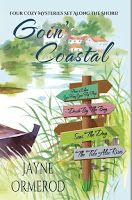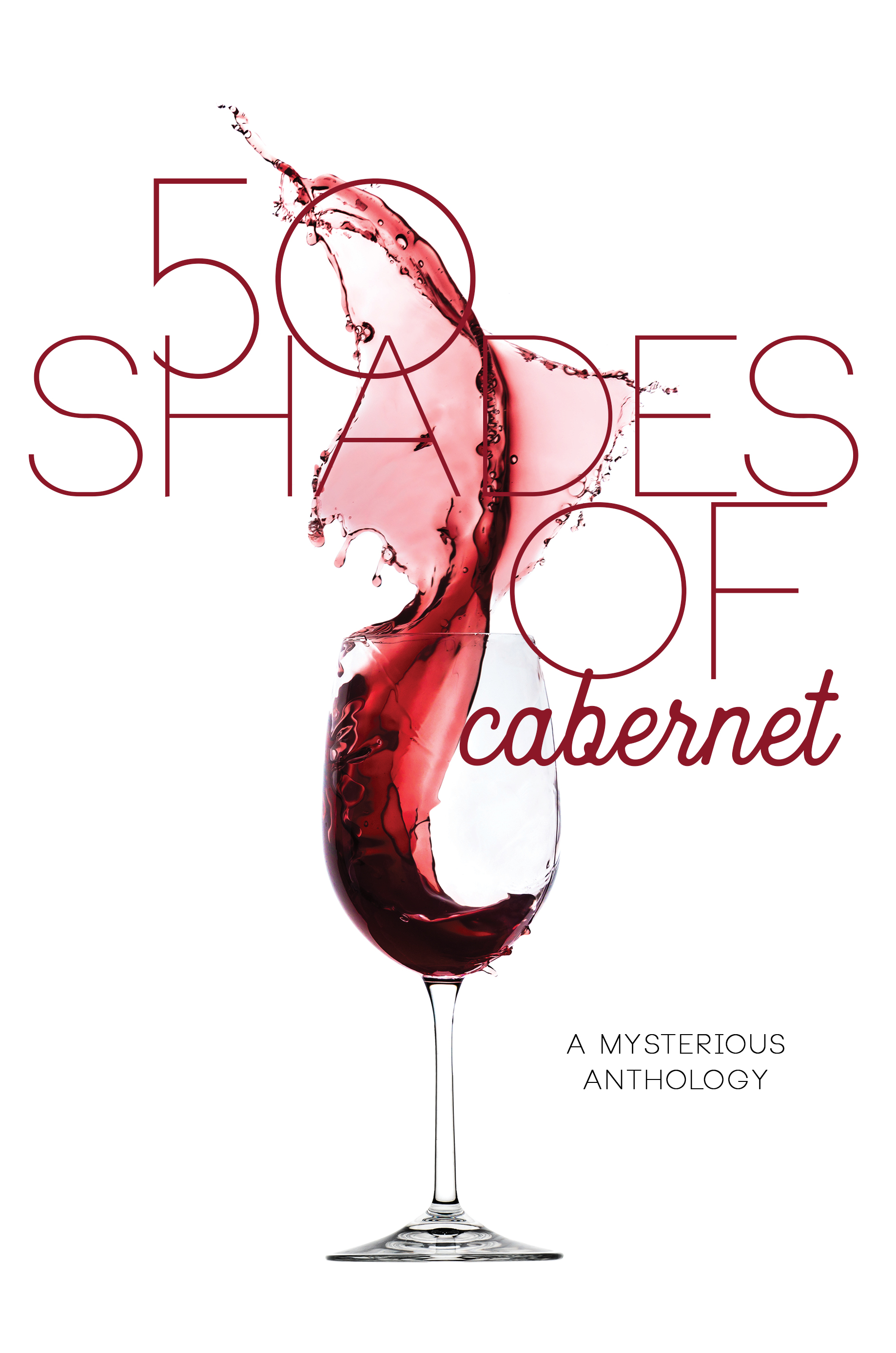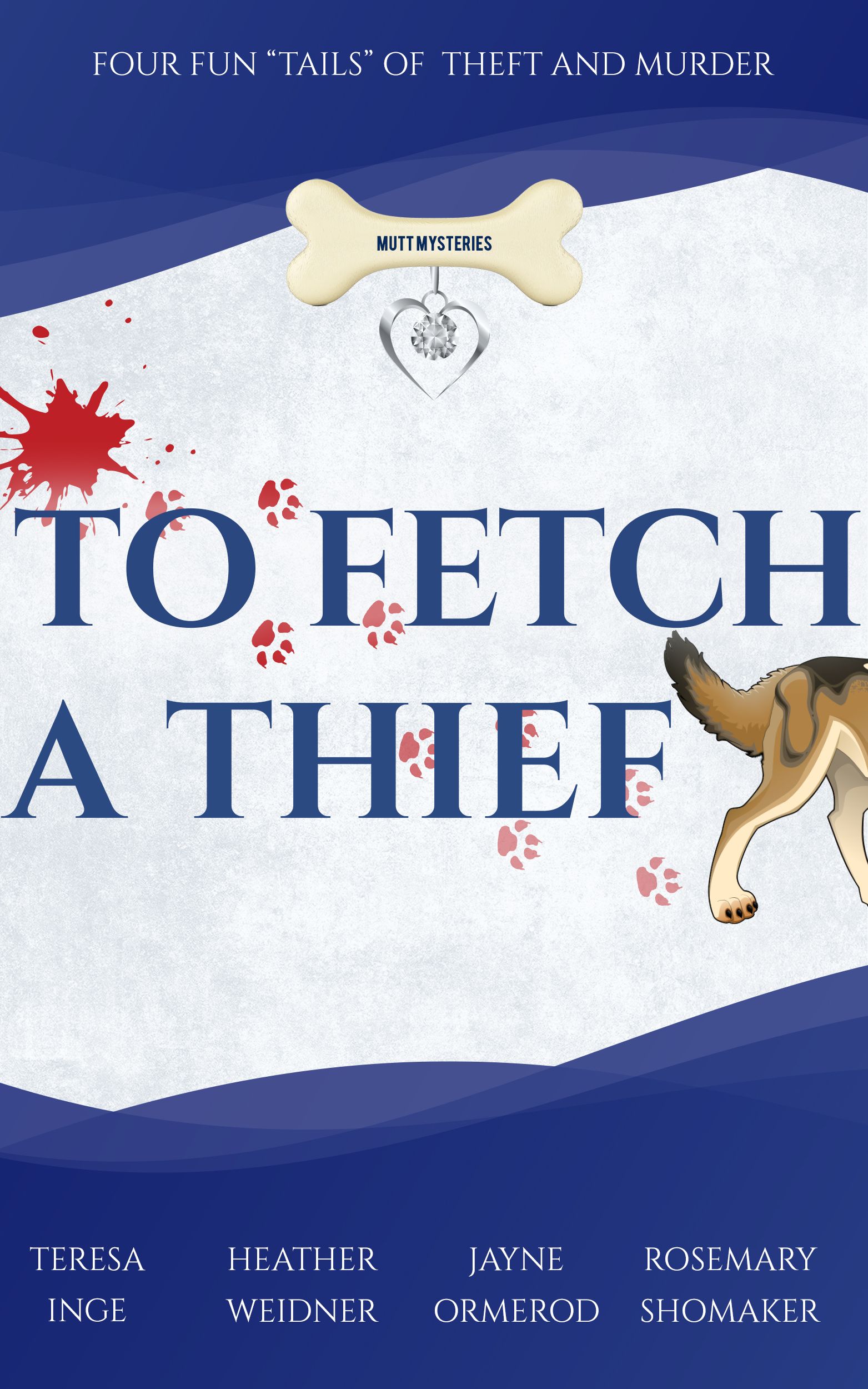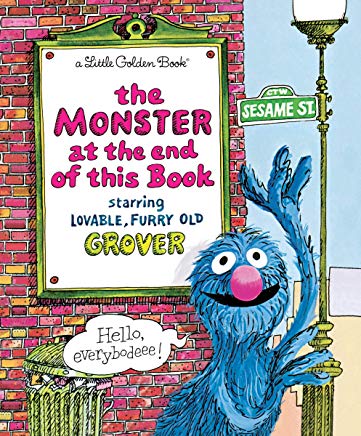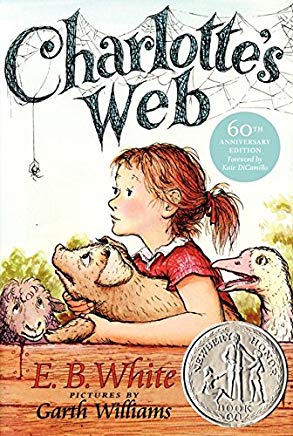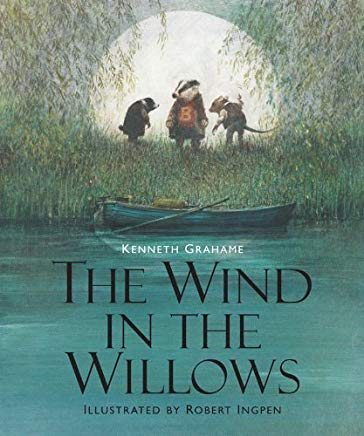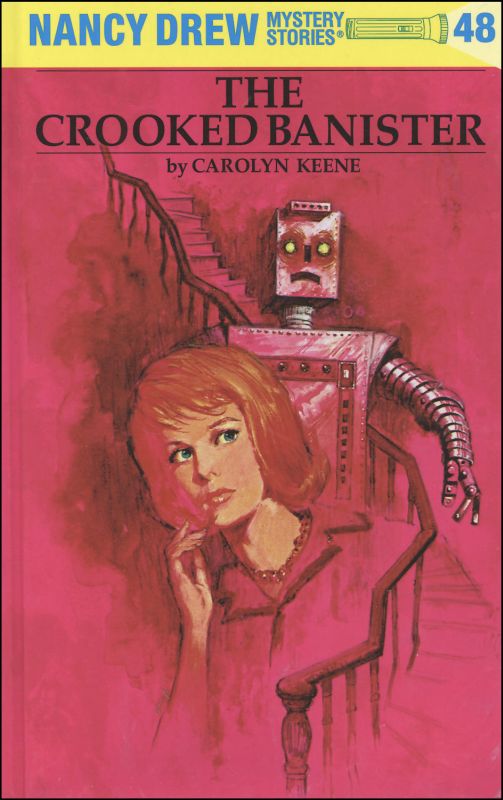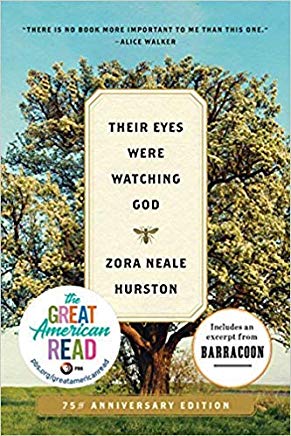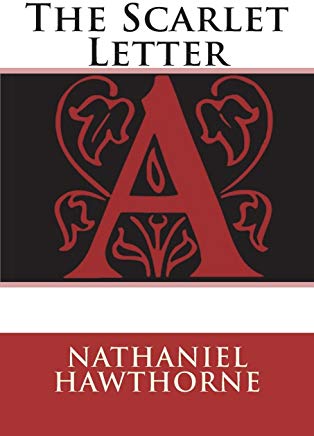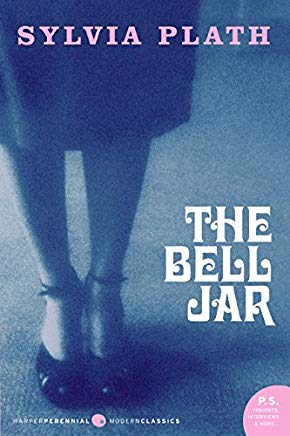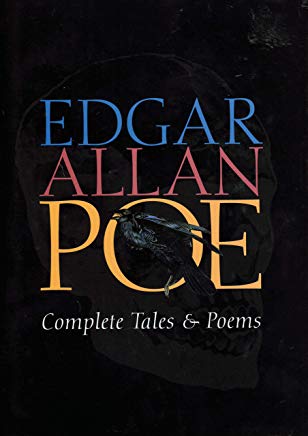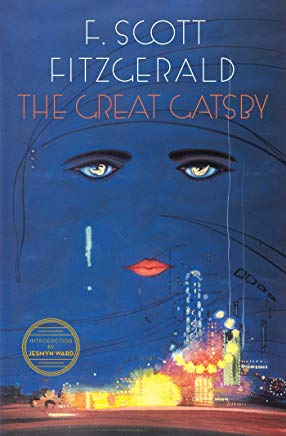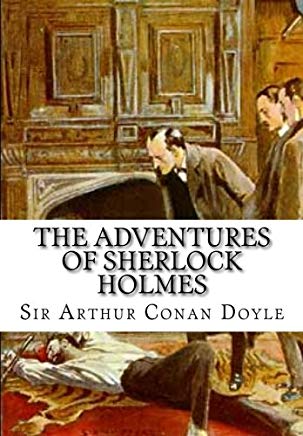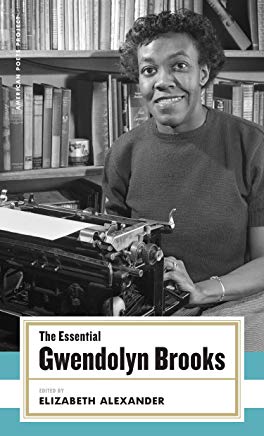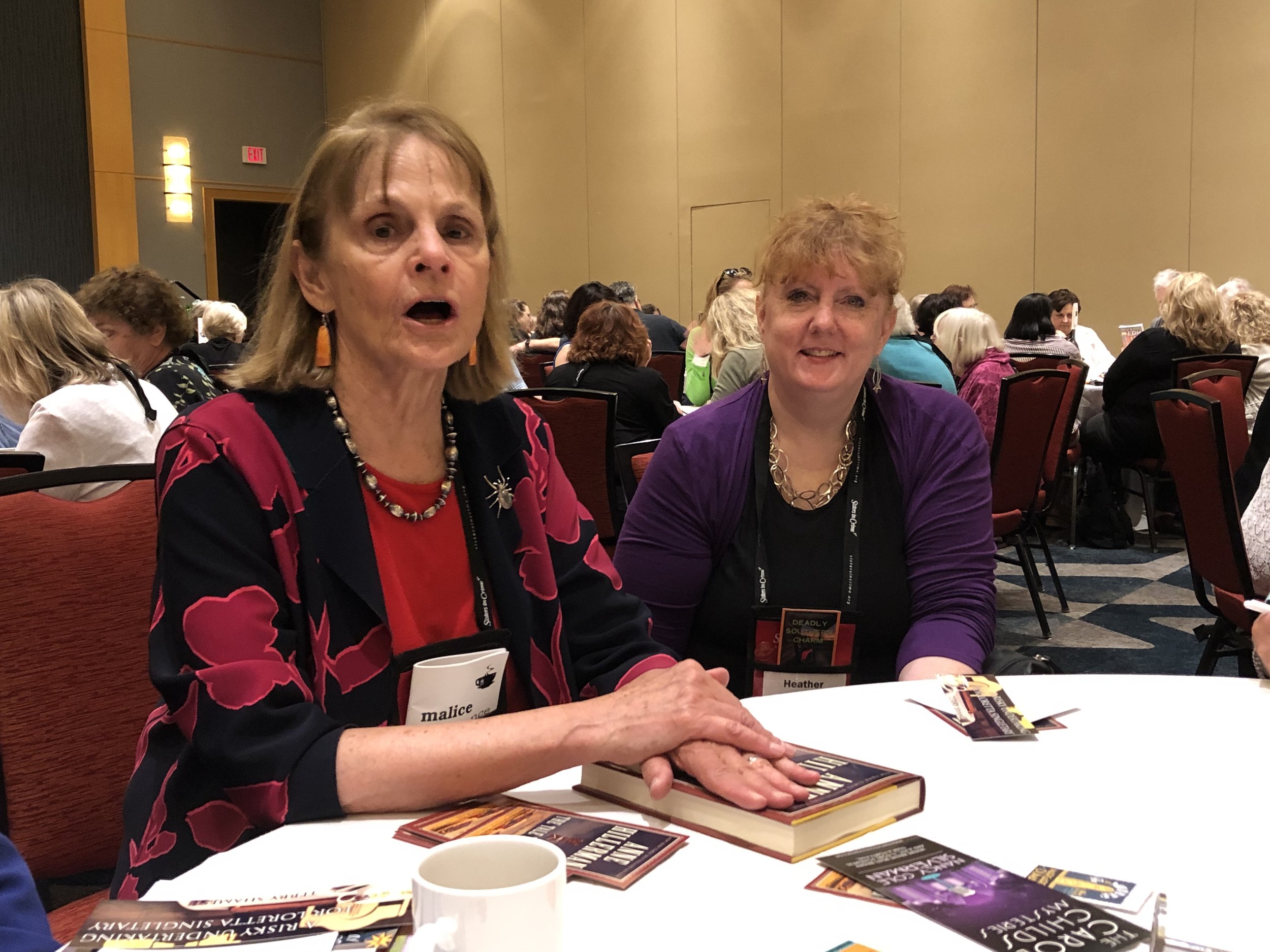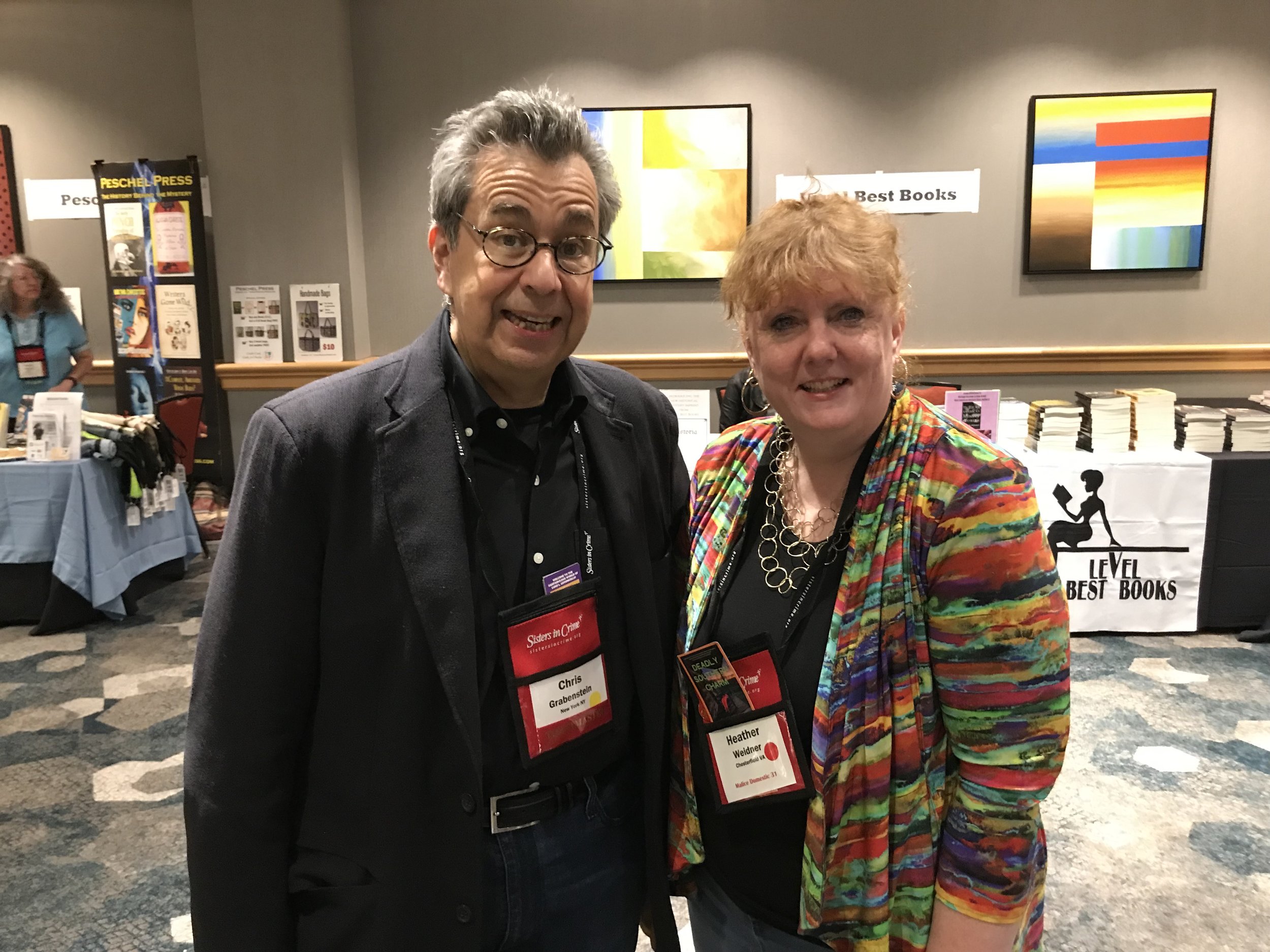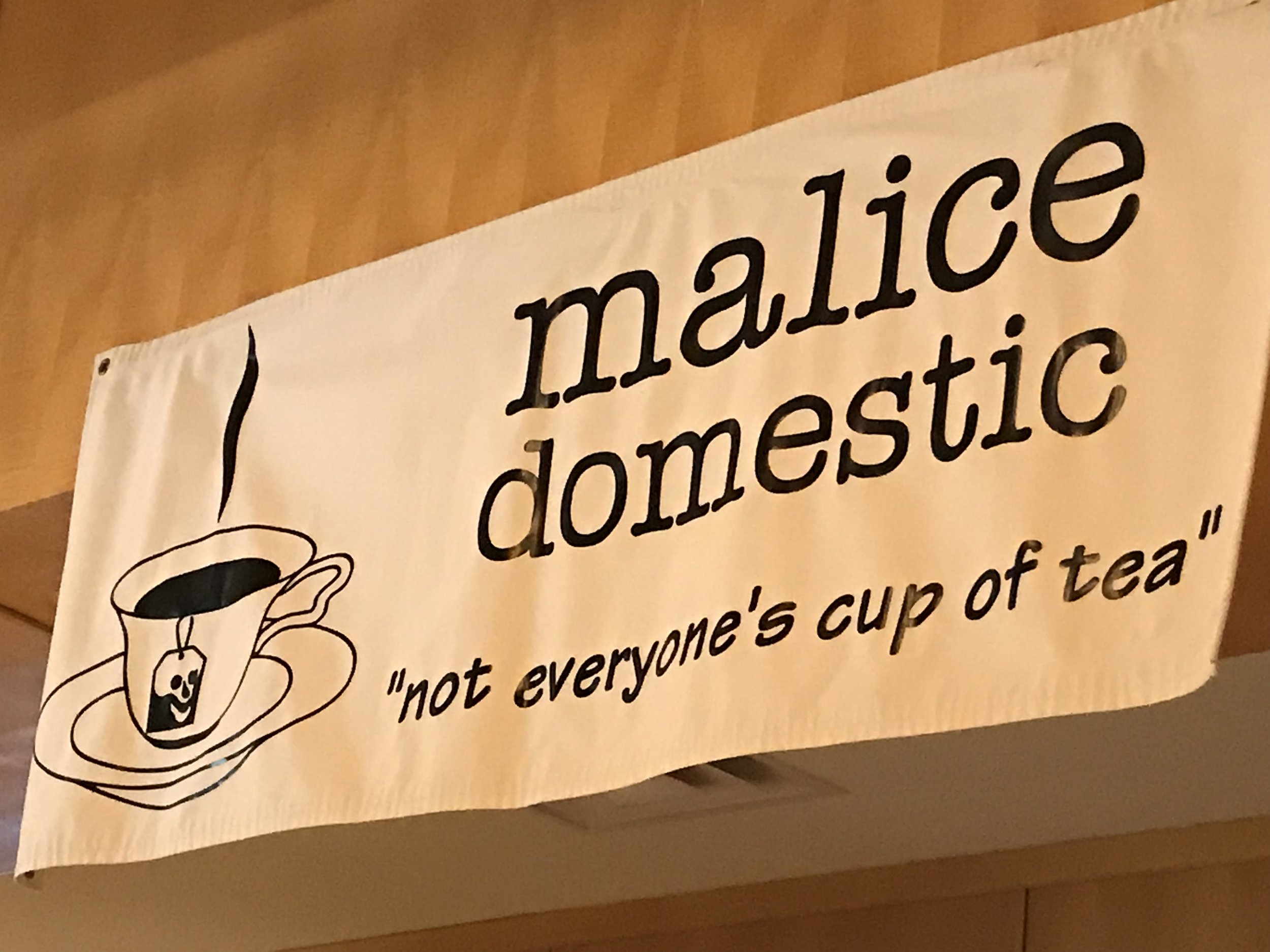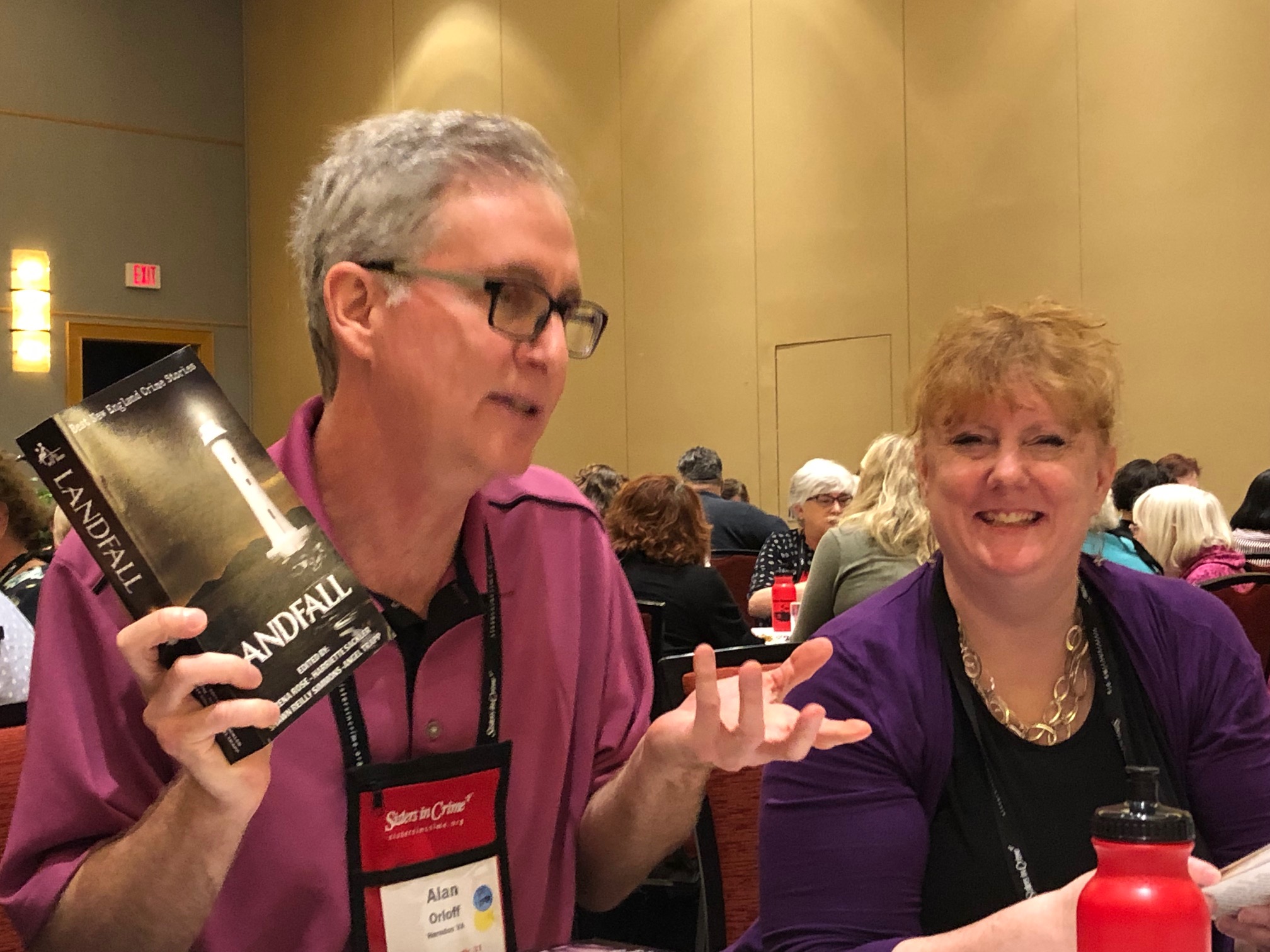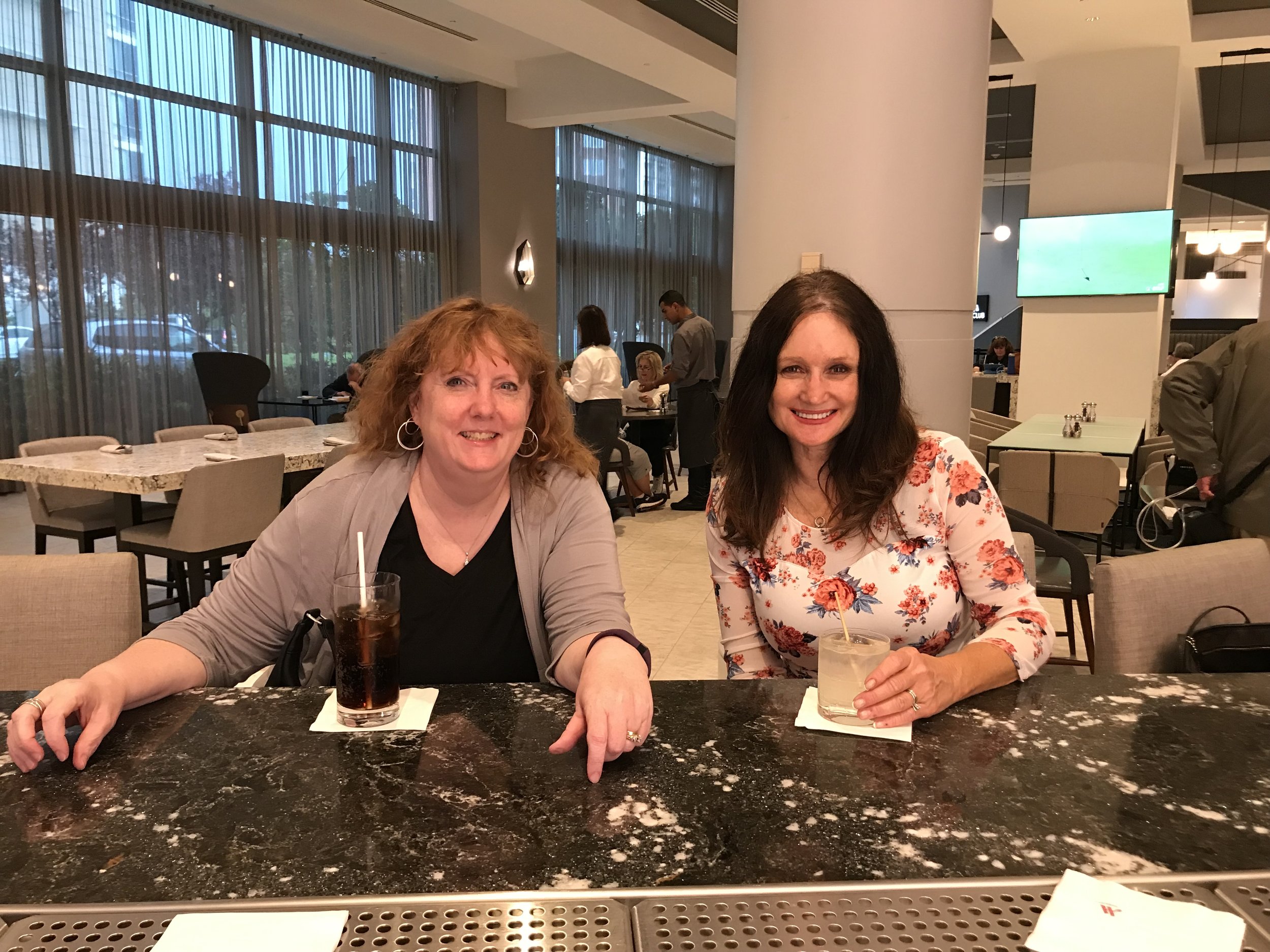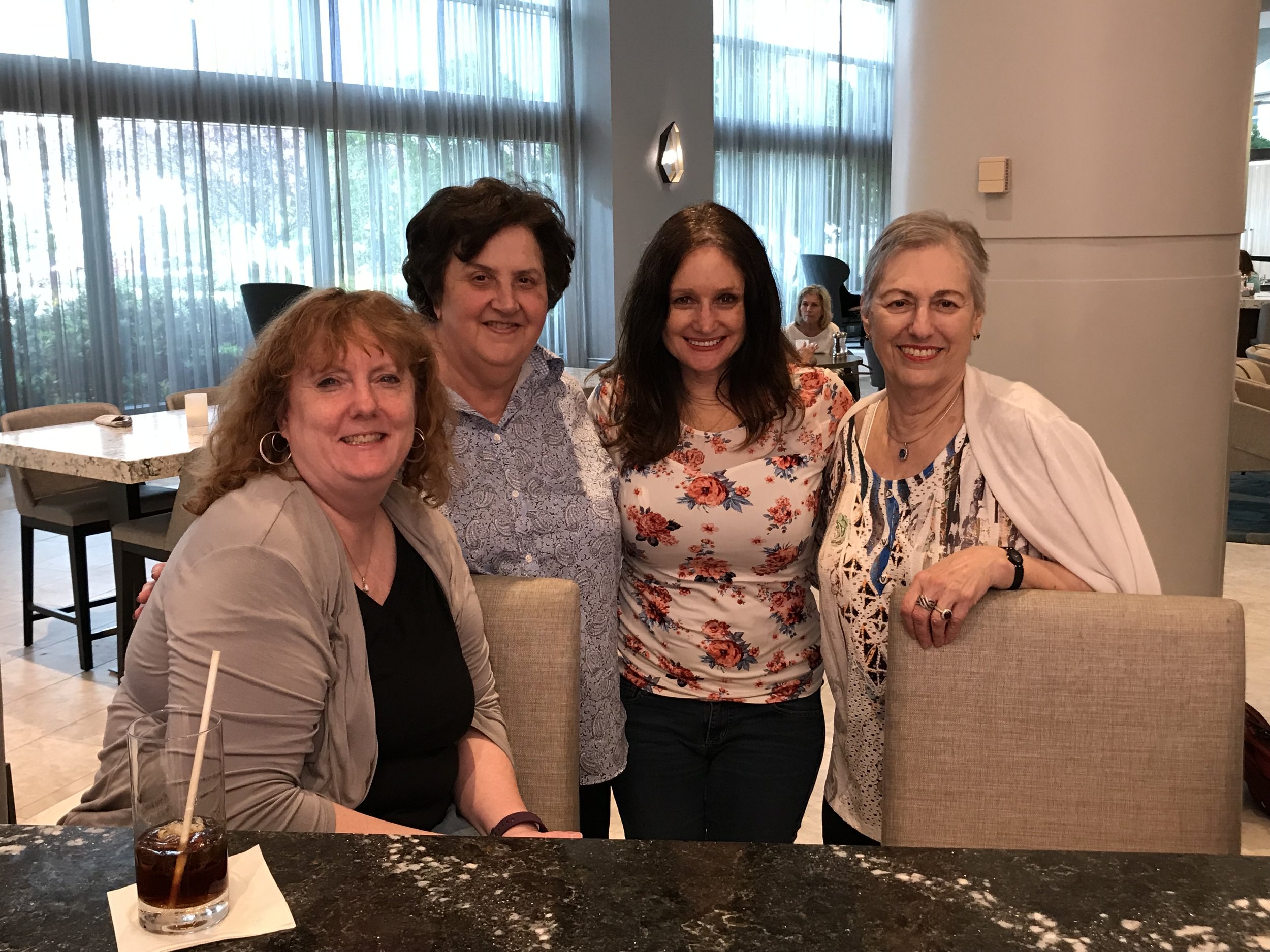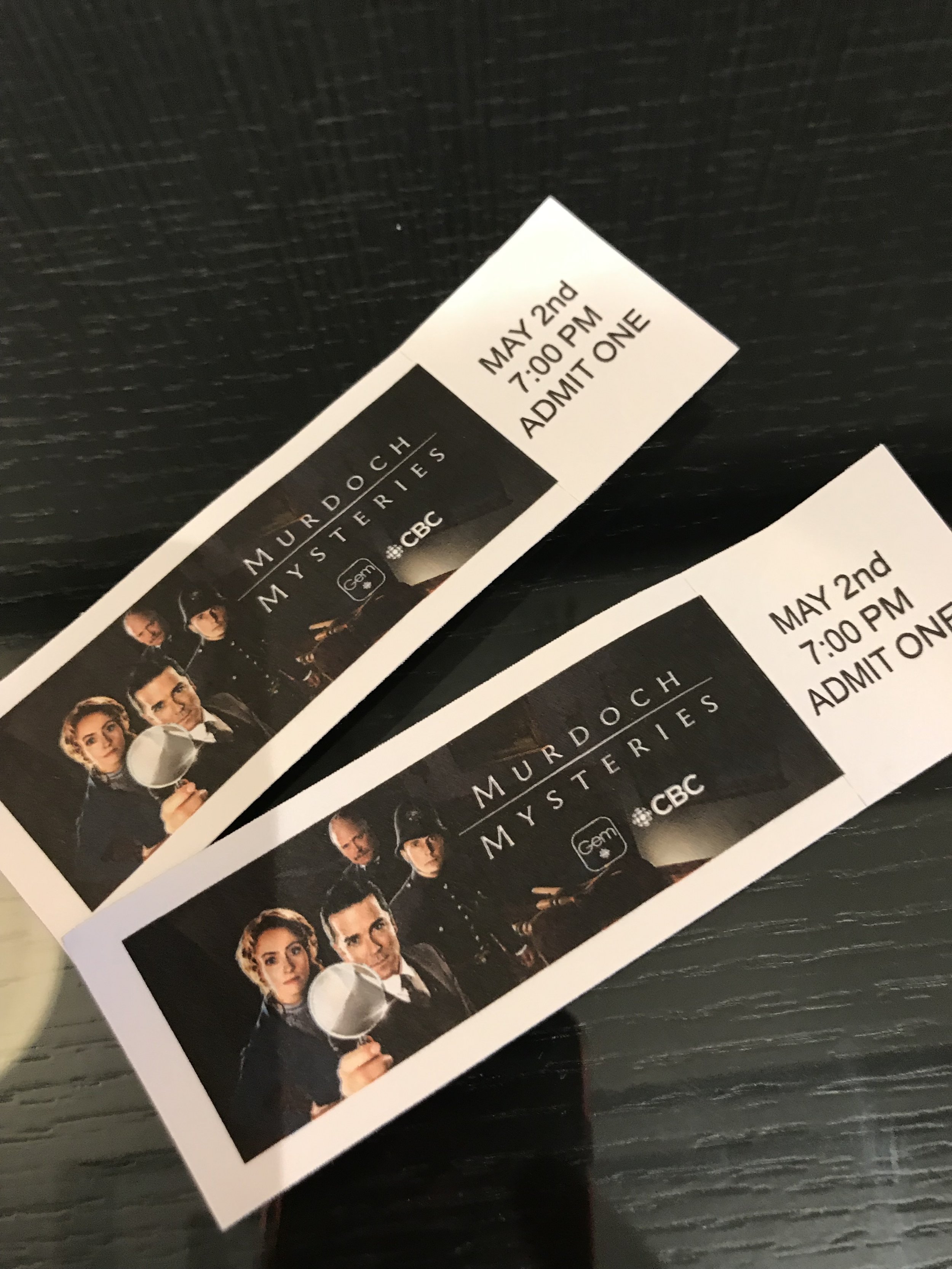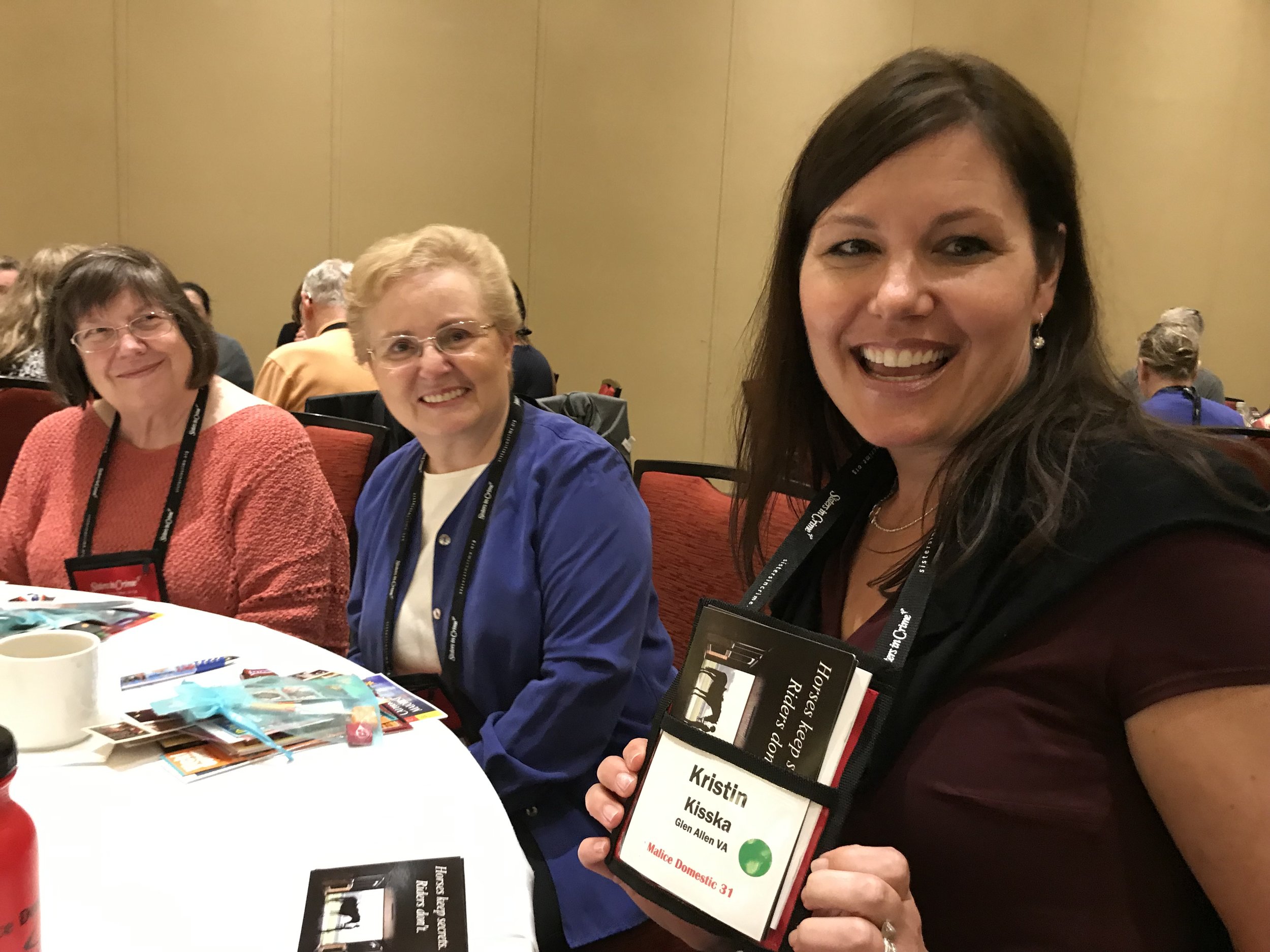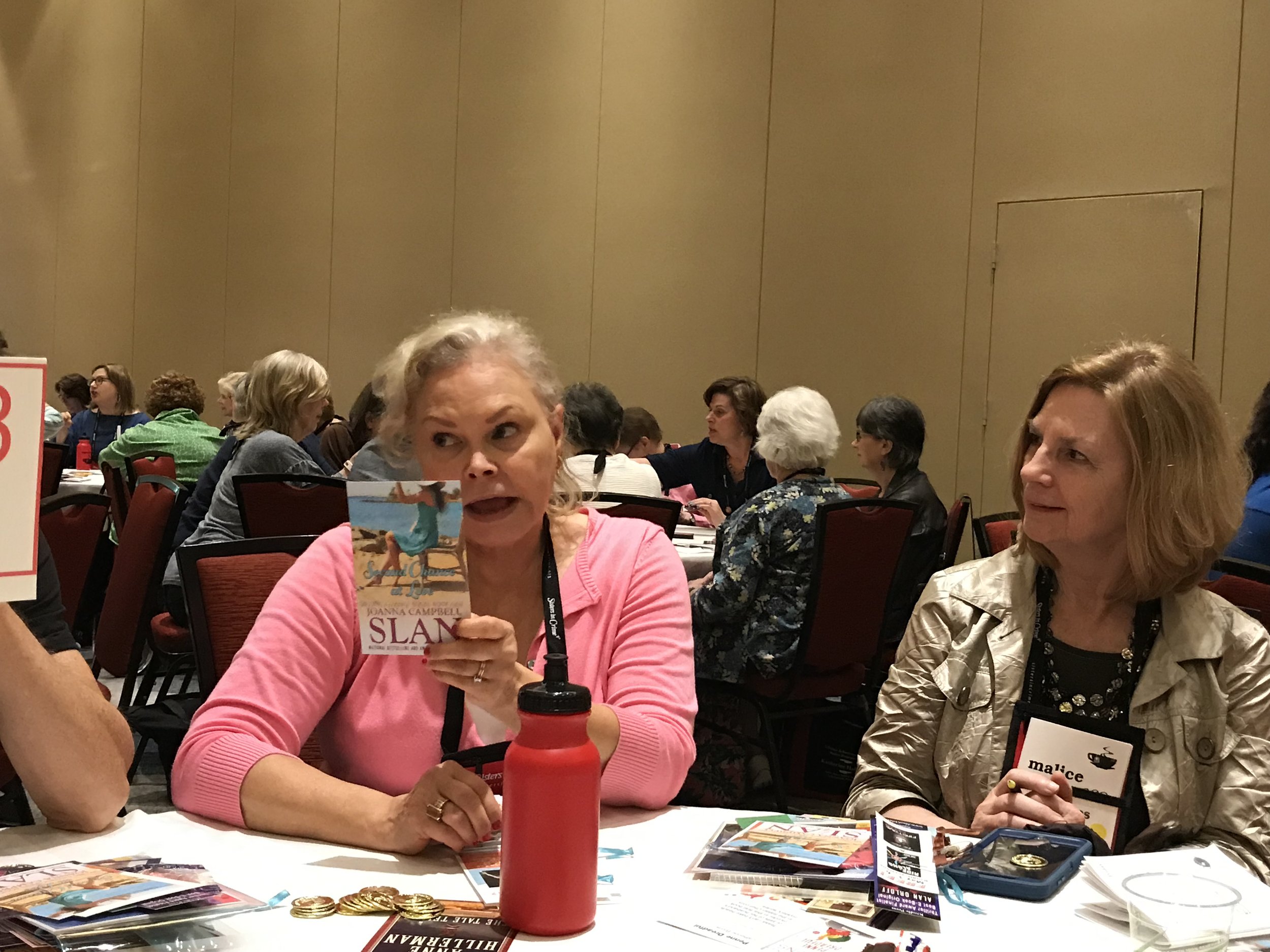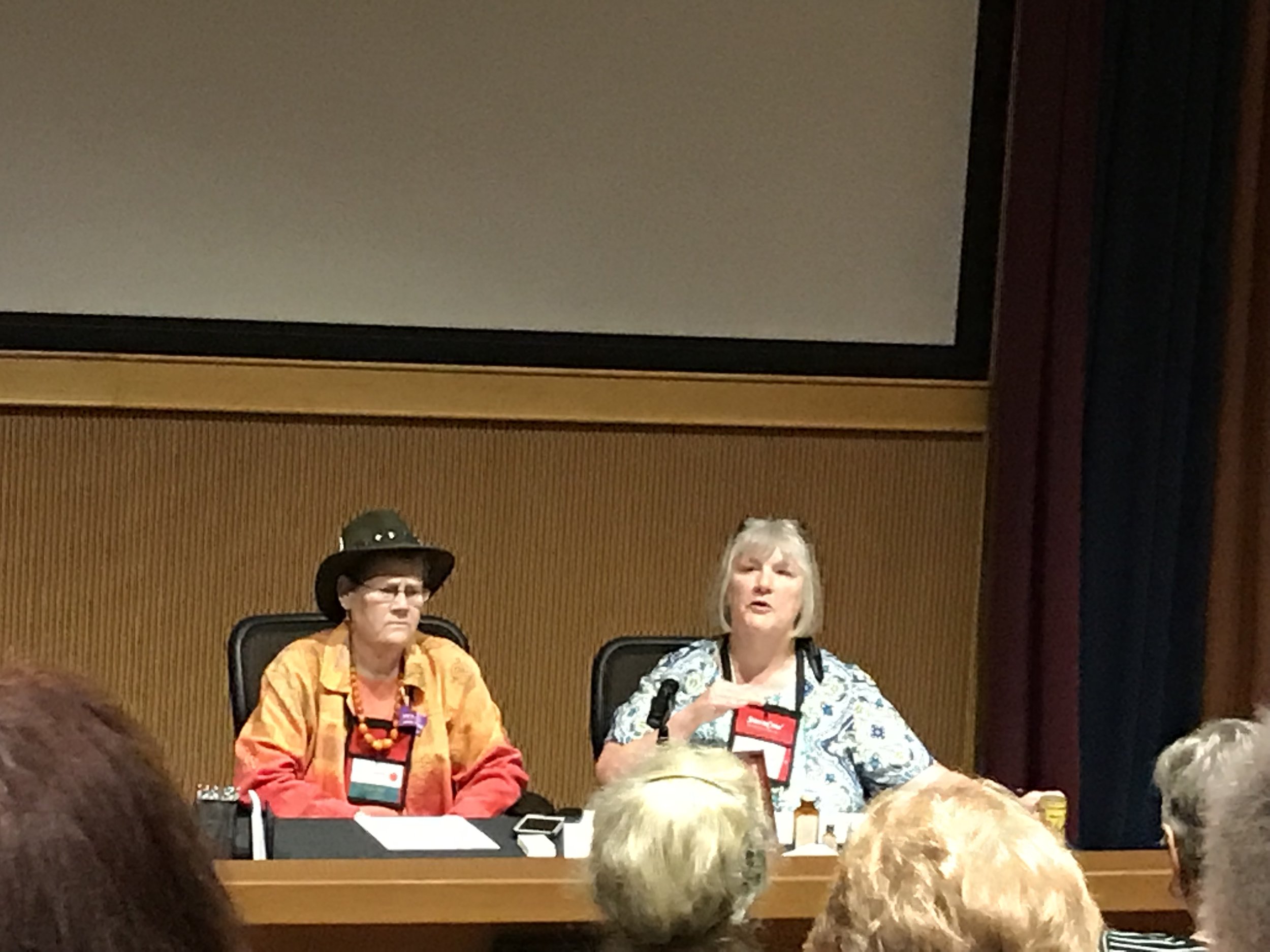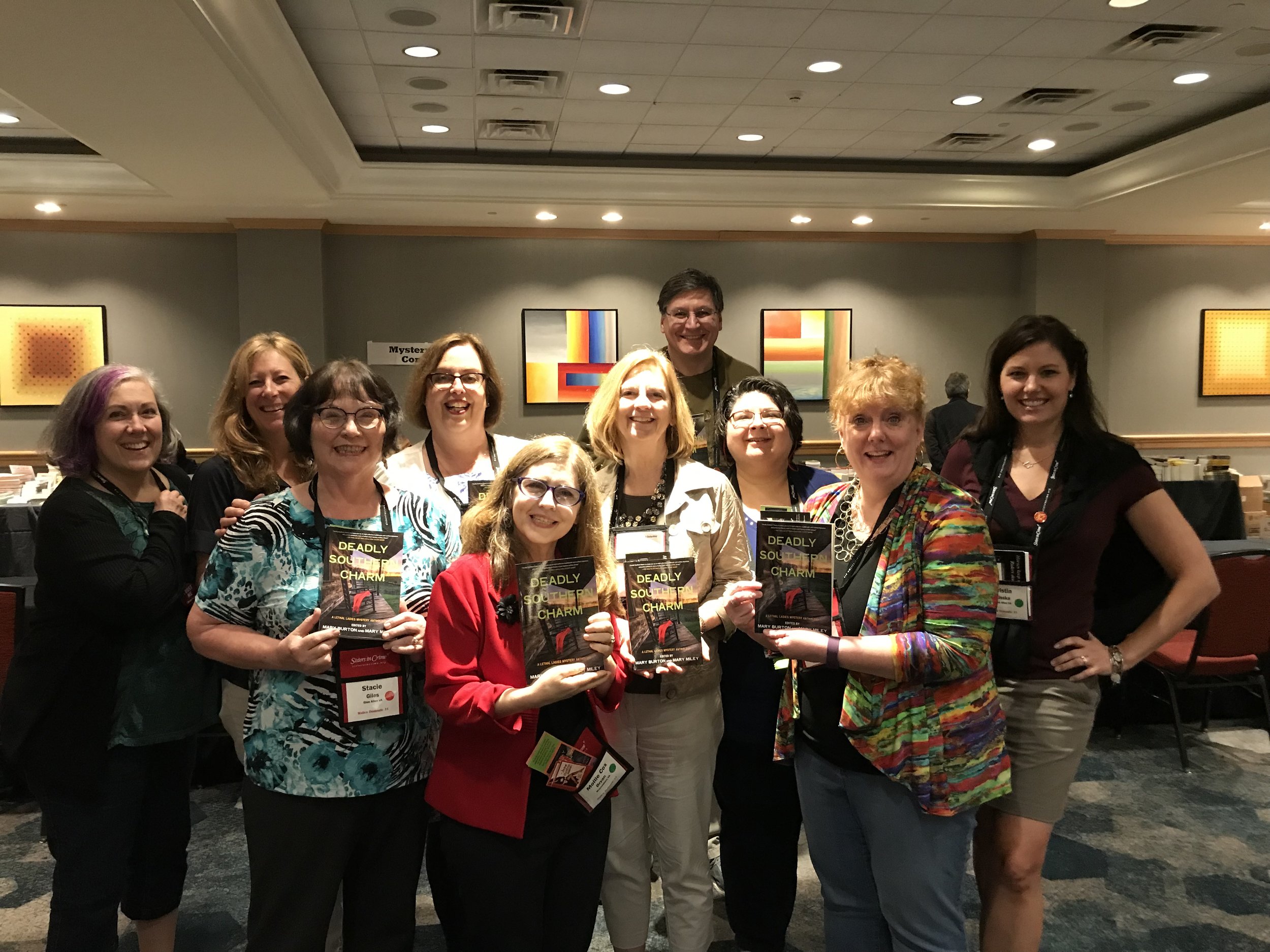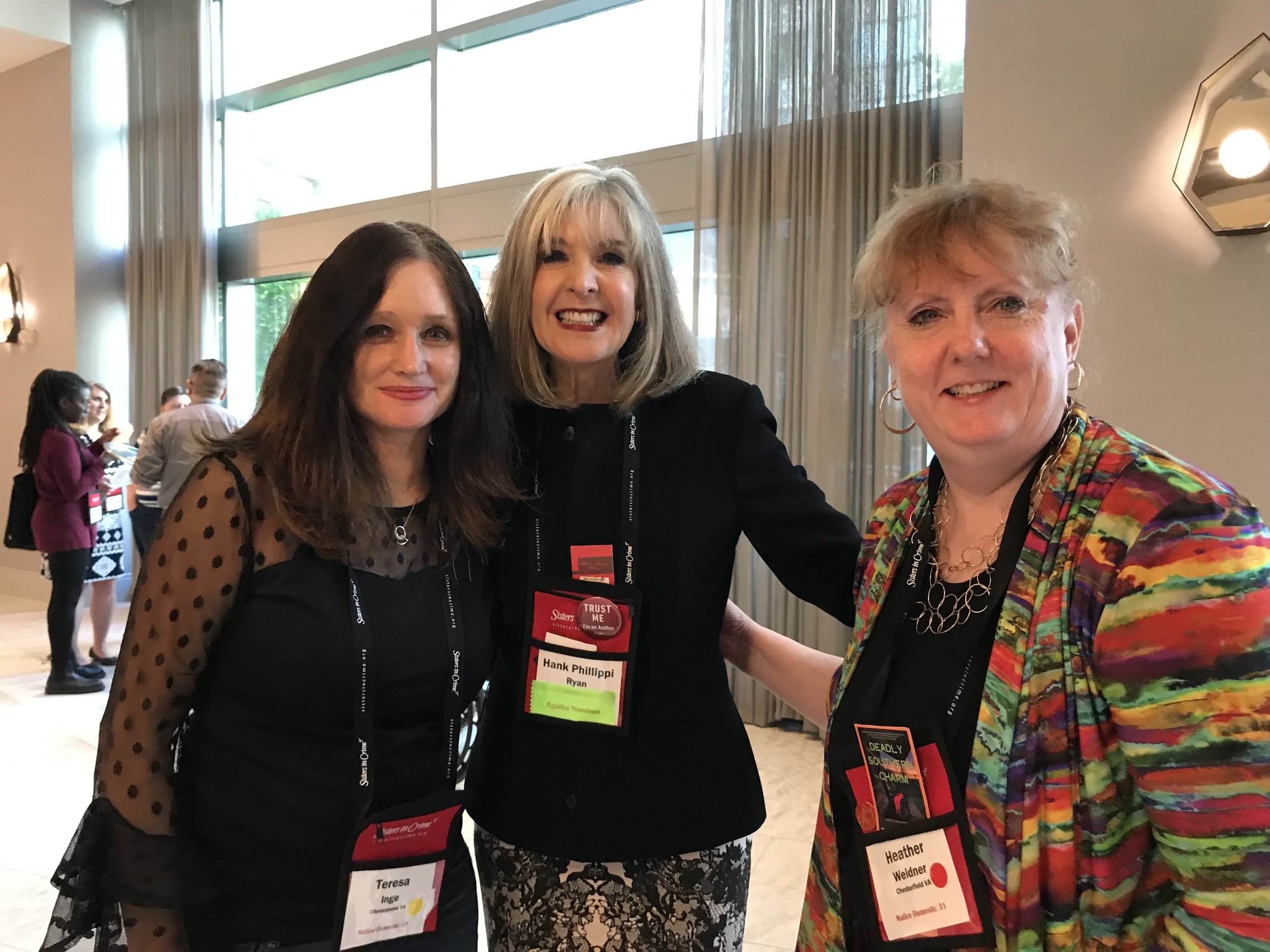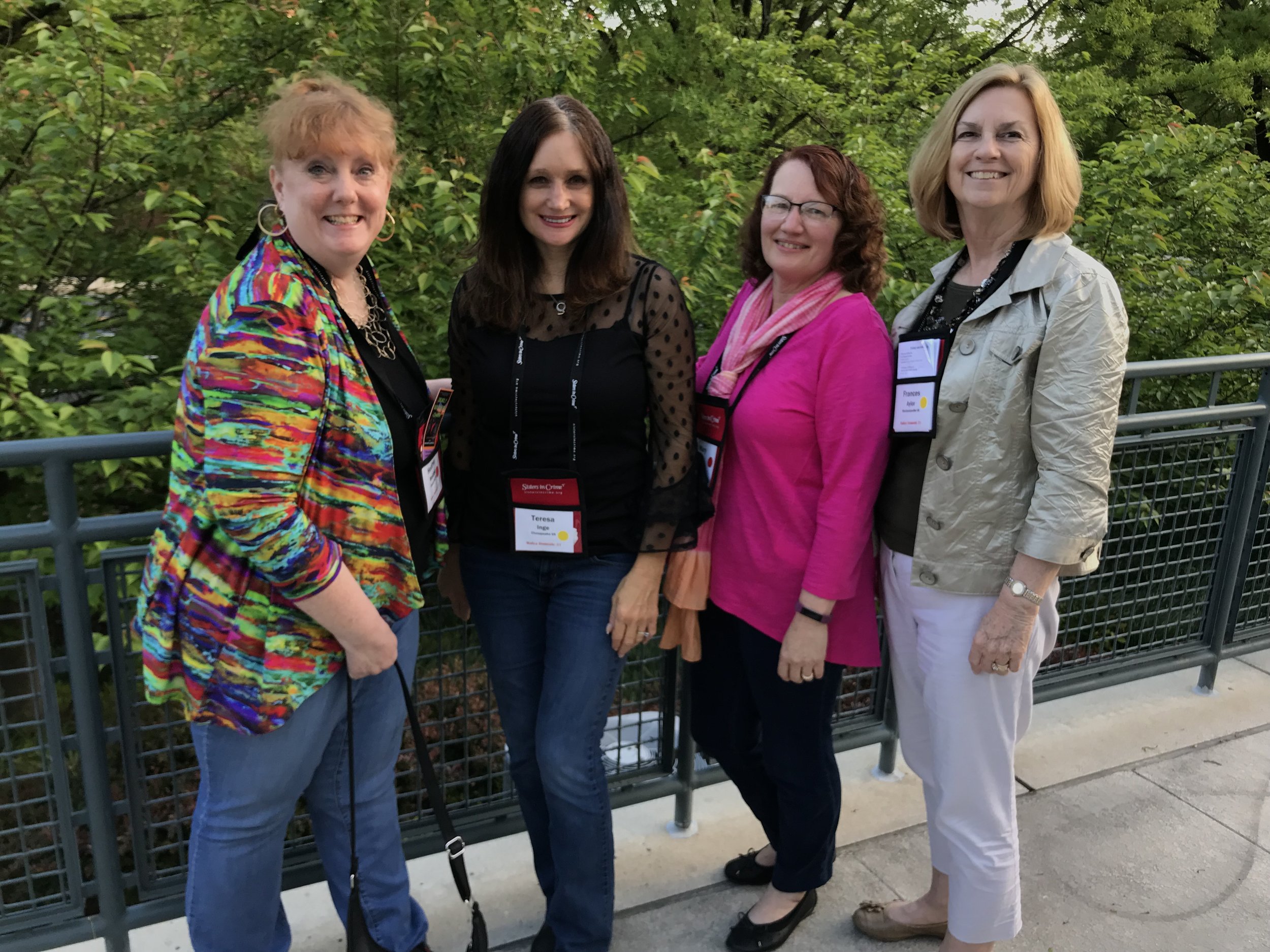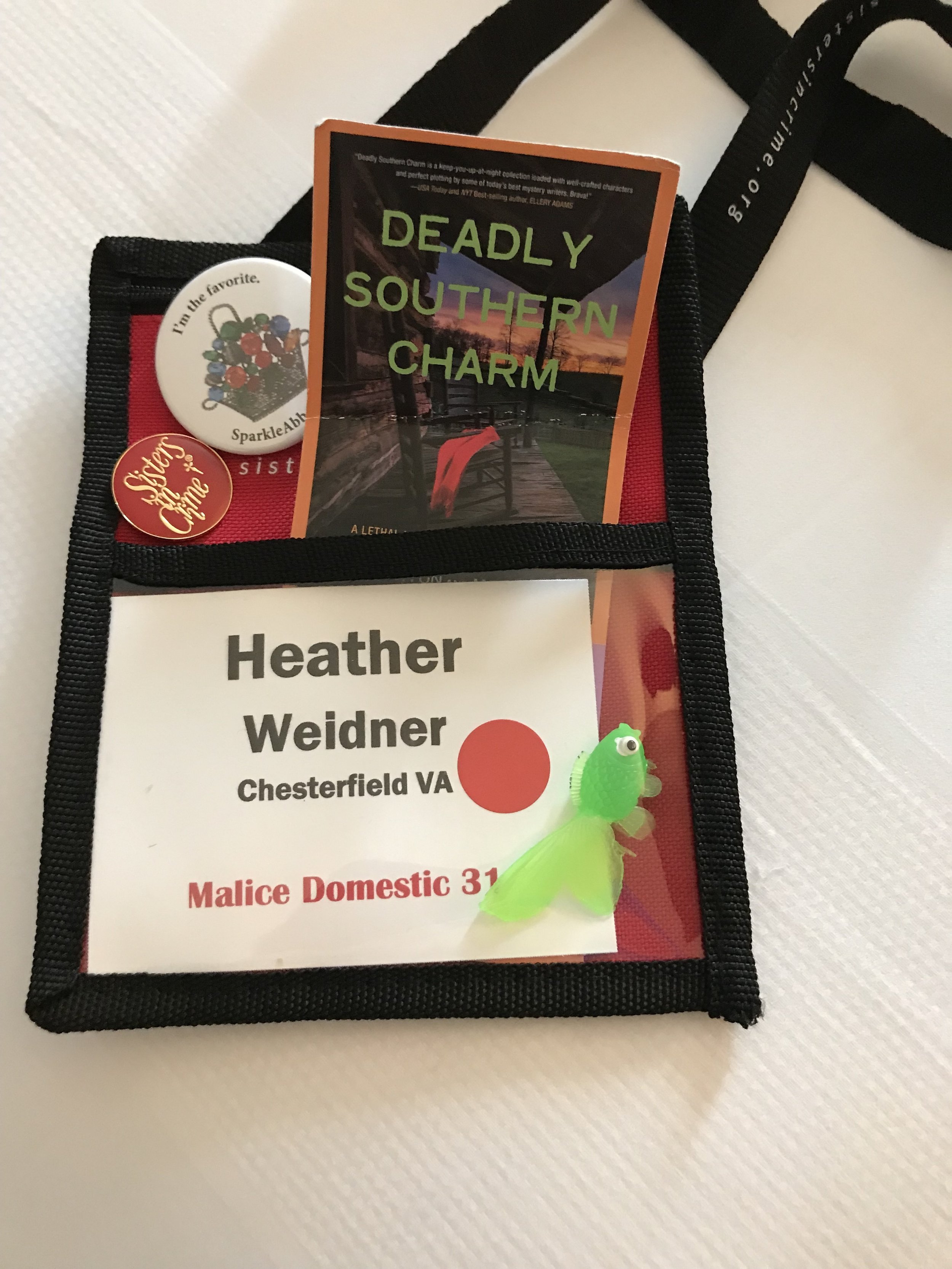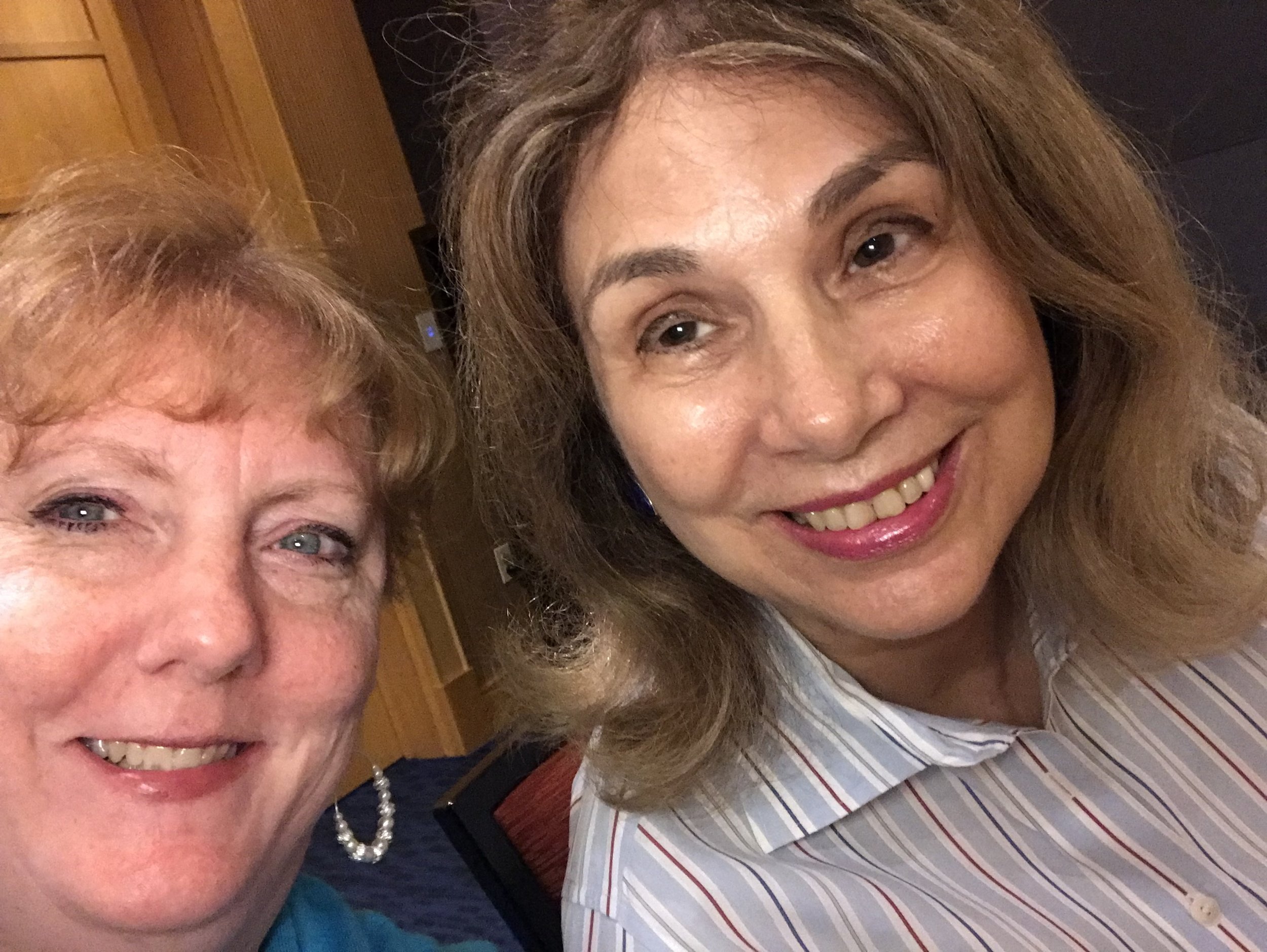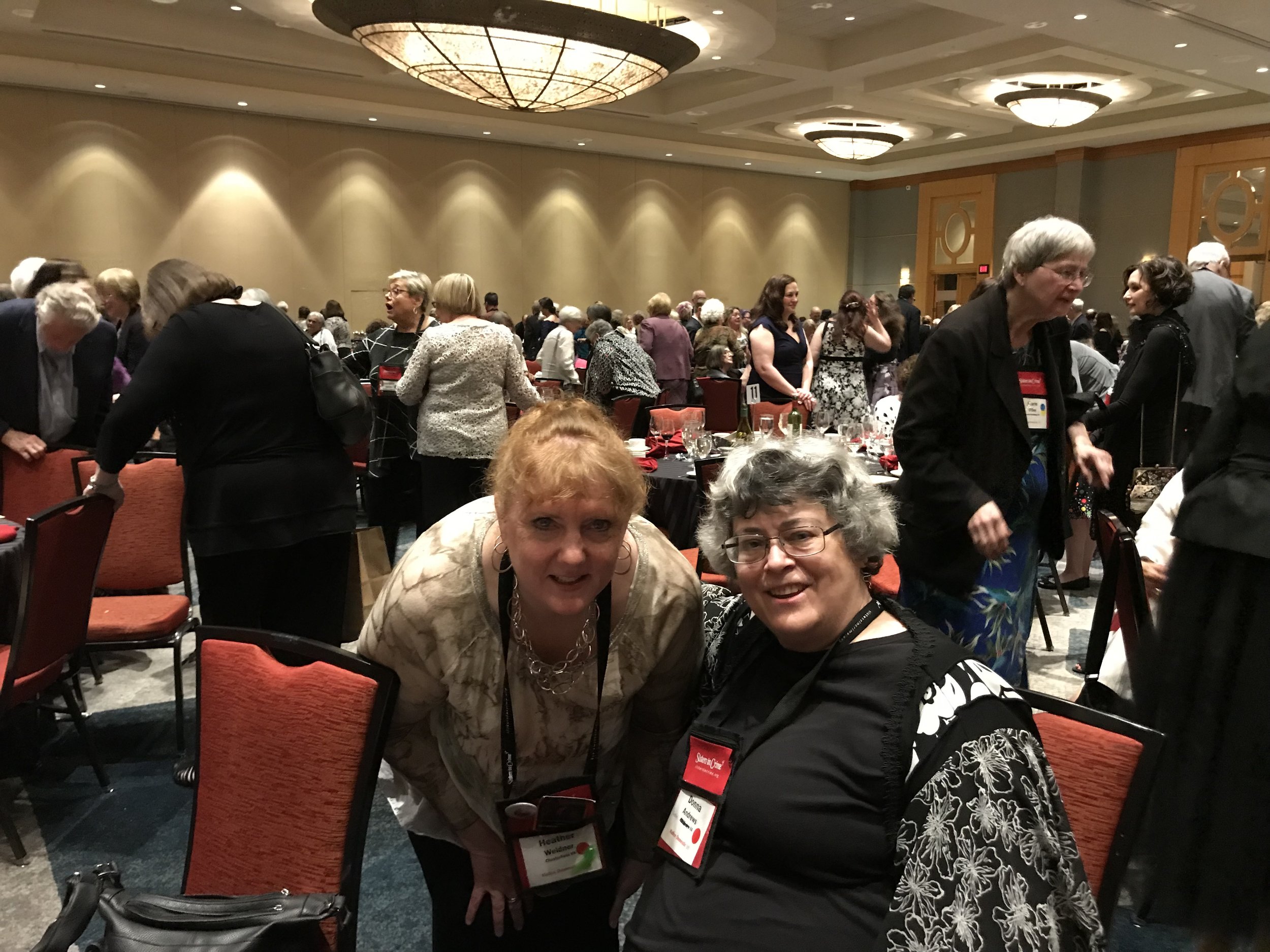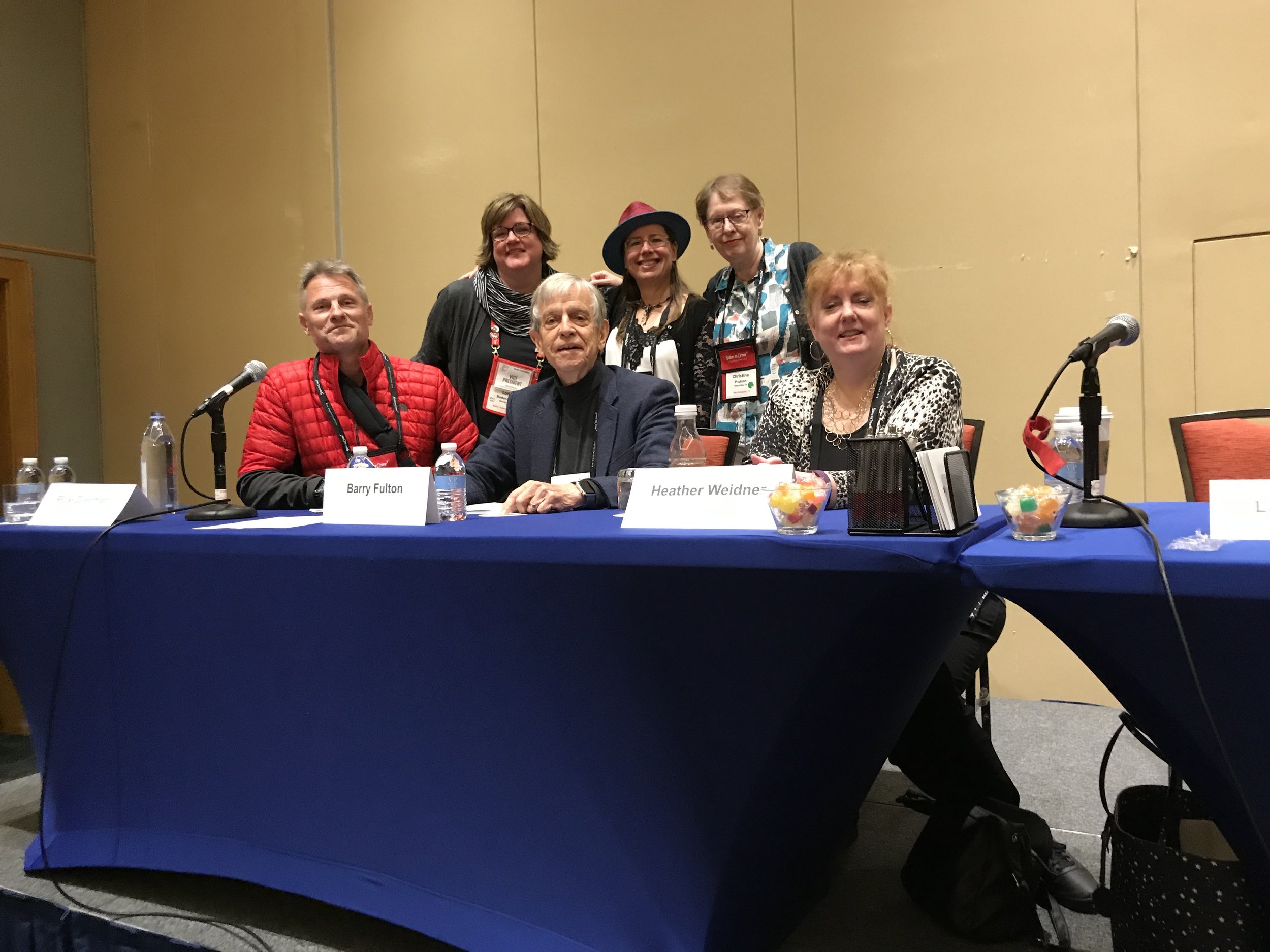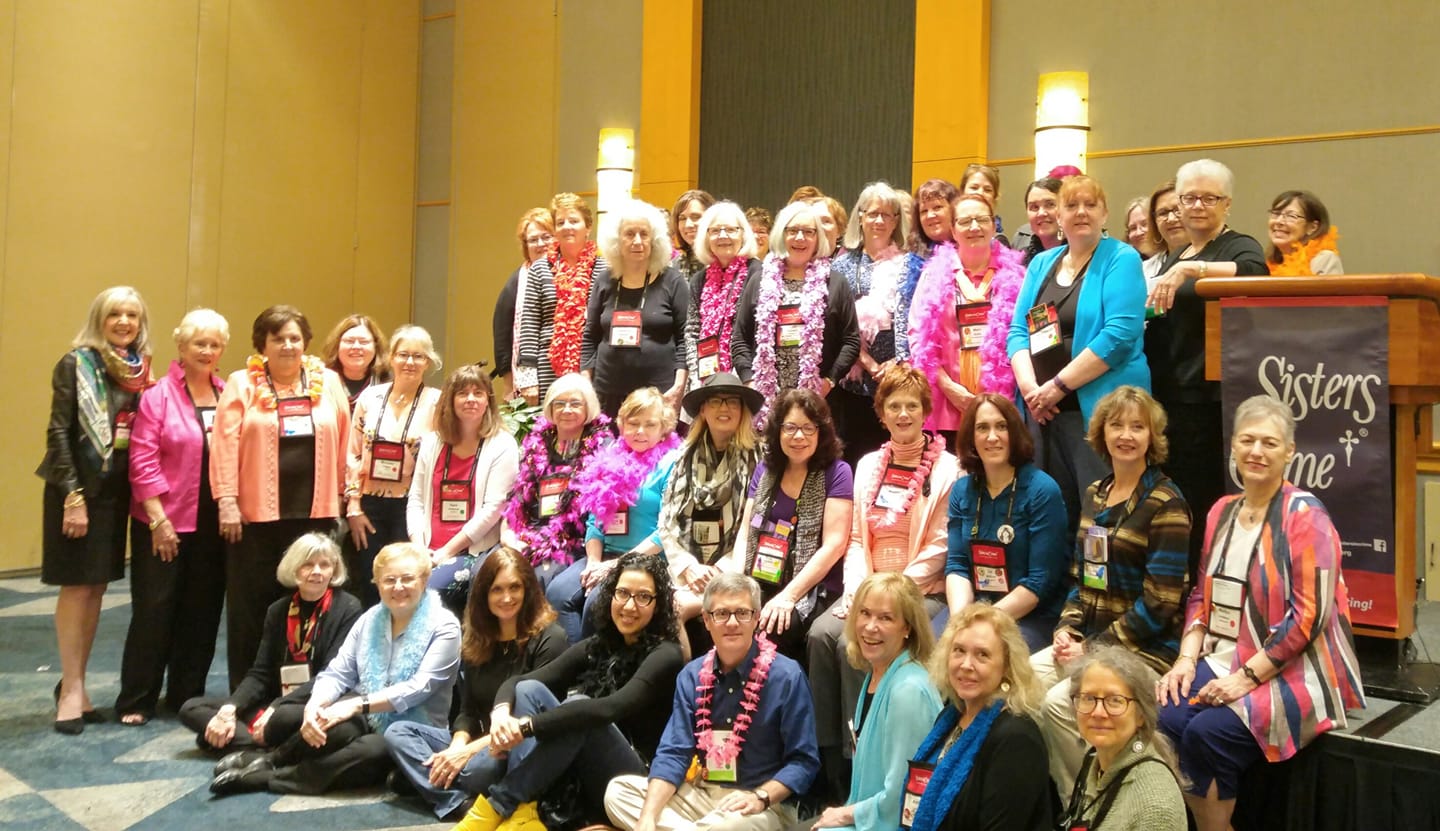#ThisorThatThursday Author Interview with Lois Winston
/I’d like to welcome author, Lois Winston, to the blog for #ThisorThatThursday.
Things you need for your writing sessions: Complete silence.
Things that hamper your writing: Noise from leaf blowers, snow throwers, lawn mowers, and the incessant barking of the three dogs that live next door.
Things you love about writing: Getting lost in a world of my own creation.
Things you hate about writing: When the words and ideas just don’t come.
Hardest thing about being a writer: Planting my butt in a chair for hours and hours each day.
Easiest thing about being a writer: You have an excuse for listening to the voices in your head.
Favorite foods: Crème brûlée, chocolate anything, macarons (I once dragged my husband all over Nice, France in search of a patisserie that sold them.
Things that make you want to gag: Peanut butter (I used to have to hold my breath when I made PB&J sandwiches for my kids when they were little.
Favorite music or song: Most Broadway musicals. Right now I’m obsessed with the music from Hamilton.
Music that drives you crazy: If I told you, I’d probably alienate a portion of my readership, which I’d never want to do. Can I lie and say I love all musical genres?
Favorite beverage: Coffee.
Something that gives you a sour face: Beer. I’ve never been able to develop a taste for the stuff.
Favorite smell: Vanilla.
Something that makes you hold your nose: Cigarette and cigar smoke (and peanut butter.)
Something you’re really good at: Getting my protagonist into trouble.
Something you’re really bad at: Speaking French.
Something you like to do: Go to the theater.
Something you wish you’d never done: Gone skiing.
Things you always put in your books: Humor.
Things you never put in your books: Anything of a political nature (I don’t want to alienate readers on either side of the aisle.)
Things that make you happy: Certain members of my family.
Things that drive you crazy: Certain other members of my family.
The nicest thing a reader said to you: I’ve had several readers write to tell me they were going through a very difficult time in their lives, and my books made them laugh when they really needed a good laugh.
The craziest thing a reader said to you: She didn’t like my book because it was nothing like Lee Child’s Jack Reacher series. Huh? Why would she think it would be? I write humorous amateur sleuth mysteries, not hardcore thrillers!
About Lois’s Latest…
Handmade Ho-Ho Homicide
An Anastasia Pollack Crafting Mystery, Book 8
Two and a half weeks ago magazine crafts editor Anastasia Pollack arrived home to find Ira Pollack, her half-brother-in-law, had blinged out her home with enough Christmas lights to rival Rockefeller Center. Now he’s crammed her small yard with enormous cavorting inflatable characters. She and photojournalist boyfriend and possible spy Zack Barnes pack up the unwanted lawn decorations to return to Ira. They arrive to find his yard the scene of an over-the-top Christmas extravaganza. His neighbors are not happy with the animatronics, laser light show, and blaring music creating traffic jams on their normally quiet street. One of them expresses his displeasure with his fists before running off.
In the excitement, the deflated lawn ornaments are never returned to Ira. The next morning Anastasia once again heads to his house before work to drop them off. When she arrives, she discovers Ira’s attacker dead in Santa’s sleigh. Ira becomes the prime suspect in the man’s murder and begs Anastasia to help clear his name. But Anastasia has promised her sons she’ll keep her nose out of police business. What’s a reluctant amateur sleuth to do?
Buy Links
Kobo https://www.kobo.com/us/en/ebook/handmade-ho-ho-homicide
Barnes & Noble https://www.barnesandnoble.com/w/handmade-ho-ho-homicide-lois-winston/1132607263?ean=2940163093748
iTunes https://books.apple.com/us/book/handmade-ho-ho-homicide/id1473711082
About Lois:
USA Today bestselling and award-winning author Lois Winston writes mystery, romance, romantic suspense, chick lit, women’s fiction, children’s chapter books, and nonfiction under her own name and her Emma Carlyle pen name. Kirkus Reviews dubbed her critically acclaimed Anastasia Pollack Crafting Mystery series, “North Jersey’s more mature answer to Stephanie Plum.” In addition, Lois is a former literary agent and an award-winning craft and needlework designer who often draws much of her source material for both her characters and plots from her experiences in the crafts industry.
Let’s Be Social:
Website: www.loiswinston.com
Newsletter sign-up: https://app.mailerlite.com/webforms/landing/z1z1u5
Killer Crafts & Crafty Killers blog: www.anastasiapollack.blogspot.com
Pinterest: www.pinterest.com/anasleuth
Twitter: https://twitter.com/Anasleuth
Goodreads: https://www.goodreads.com/author/show/722763.Lois_Winston









